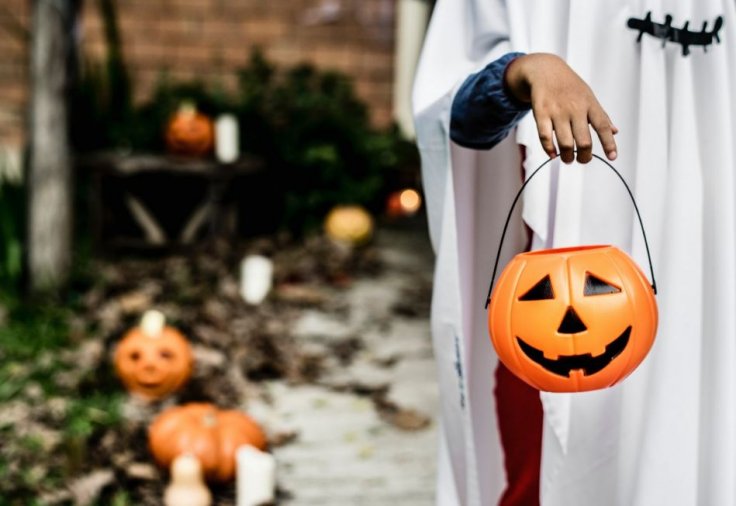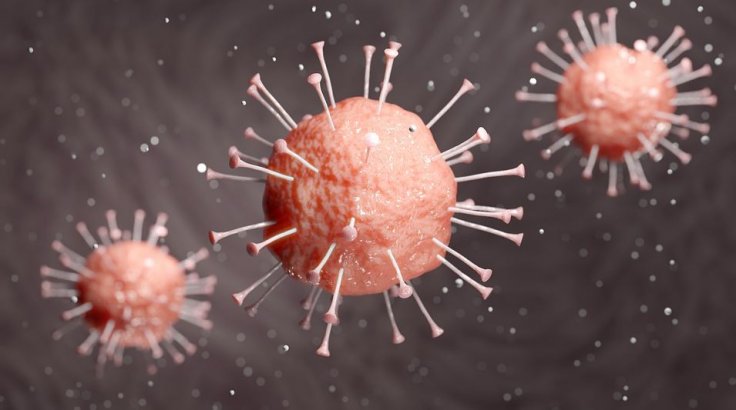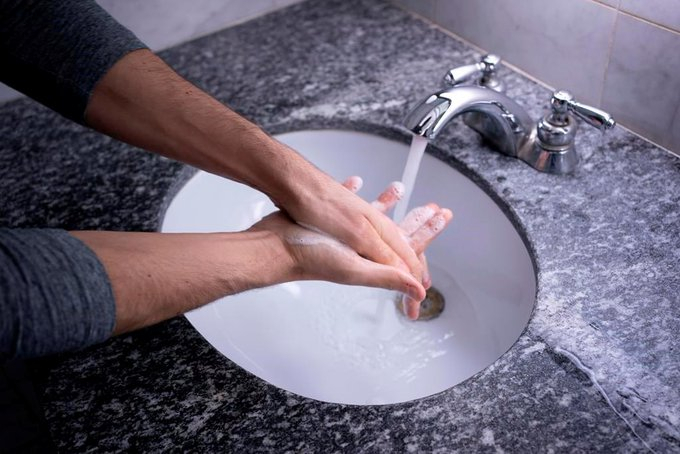Halloween is here, and despite the COVID-19 pandemic playing spoilsport, trick-or-treating will continue on some scale or the other. This gives rise to an important question—Can the SARS-Cov-2 coronavirus spread through candy? A new study states that while low, the chances of transmission of the virus through candy do exist.
The researchers from the University of California San Diego School of Medicine and San Diego State University investigated the viral load found on Halloween candy that had been handled by patients with COVID-19. They found that the transmission of the pathogen can be greatly reduced if necessary precautionary measures are taken while handling the candies.
"The main takeaway is that, although the risk of transmission of SARS-CoV-2 by surfaces, including candy wrappers, is low, it can be reduced even further by washing your hands with soap before handling the candy and washing the candy with household dishwashing detergent afterwards," said Dr. Rob Knight co-senior author, in a statement.

All In the Touch
The role of fomites—surfaces and objects upon which viral particles have settled and are alive—in the transmission of the virus has been debated since the onset of the pandemic. While multiple studies have shown the risk of transmission through fomites is relatively low, it is not zero. Also, several studies have demonstrated that the virus can persist on surfaces for several days. Therefore, the authorities sought to learn about the chances of the infection spreading through candy.
For the study, the researchers recruited 10 individuals who were recently diagnosed with COVID-19 and were mildly symptomatic or asymptomatic. The participants were asked to handle candy under three separate conditions: (i) normally without washing hands; (III) during deliberate coughing along with extensive handling; (III) normal handling after washing hands.

The handled candies were then sorted into two groups for two separate treatments—no washing post-handling (untreated) and washed with household dishwashing detergent (treated). After the respective treatments, the candies were examined using RT–PCR tests (real-time reverse transcription-polymerase chain reaction), and a secondary analytical platform with the ability to test larger samples quickly and economically. Both the tests yielded similar results.
'This is the Way We... Wash Our Sweets'
It was found that on candies that had not been washed after handling, the coronavirus was detected on 60 percent of the samples that had been handled normally with unwashed hands, and on 60 percent of the samples that had been coughed upon deliberately. However, only 10 percent of the candies handled after washing hands were found to be tainted with the virus.

As expected, the dishwashing detergent was found to be efficient in reducing the viral DNA on the sweets by leading to a reduction in the viral load by 62.1 percent. While the authors had intended to test the viability of bleach for cleaning, they decided against it as bleach could leak through ceratin wrappers.
The authors highlighted that the risk of transmission of the coronavirus through candy was low even if it was handled by individuals with the disease. However, the chances can be brought down to nearly zero if the candies were handled by people who had washed their hands first, and the collected candies themselves were washed for a minute with household dishwashing detergent.
"The main risk is interacting with people without masks, so if you are sharing candy, be safe by putting it in dish where you can wave from six feet away," added Dr. Knight.









